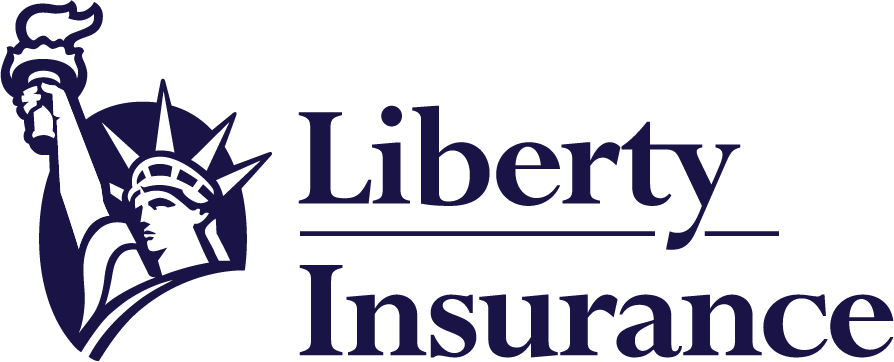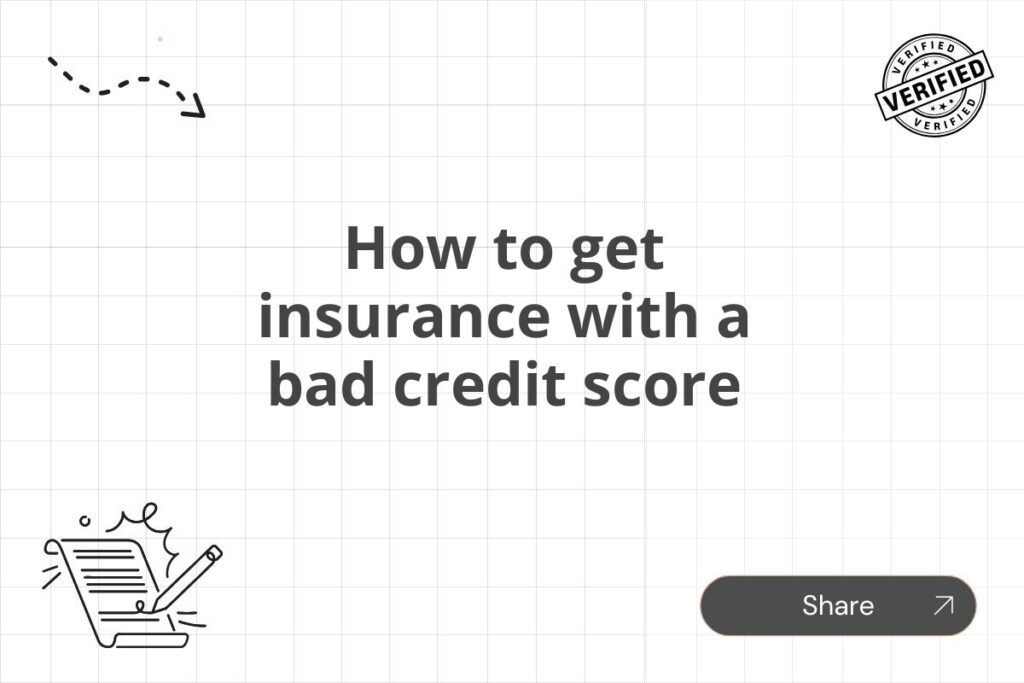Meta Description: A bad credit score shouldn’t block your access to essential insurance. Learn proven strategies to secure affordable coverage despite a less-than-perfect credit history. Find out how to improve your score and navigate the insurance application process successfully.
Securing insurance can feel like navigating a minefield, especially when you’re grappling with a less-than-perfect credit score. Many insurers use credit information as a factor in determining your premiums, and a low score can lead to significantly higher costs – or even rejection. However, it’s crucial to remember that having a bad credit score doesn’t automatically disqualify you from obtaining the insurance coverage you need. This comprehensive guide will equip you with the knowledge and strategies to successfully navigate this challenging situation and secure the insurance you deserve.
Understanding the Link Between Credit and Insurance
Before delving into the solutions, it’s vital to understand why insurers consider credit history. Statistically, individuals with poor credit scores tend to file more claims than those with good credit. This correlation, while not causative, allows insurers to assess risk more effectively. They use a credit-based insurance score (CBIS), a numerical representation of your creditworthiness, to predict your likelihood of filing a claim. The higher the risk, the higher the premium you’ll likely pay.
It’s important to note that this isn’t discriminatory; it’s an actuarial assessment used to manage risk and maintain affordability for all policyholders. While frustrating, understanding the system is the first step towards overcoming it.
Strategies for Getting Insurance with Bad Credit
Even with a less-than-ideal credit score, there are actionable steps you can take to increase your chances of securing affordable insurance:
1. Shop Around and Compare Quotes
This is arguably the most crucial step. Different insurers use varying algorithms and weighting systems for credit scores. What one insurer considers a high-risk profile, another might view more favorably. Obtain quotes from multiple insurance providers to compare prices and coverage options. Don’t hesitate to use online comparison tools to streamline the process.
2. Improve Your Credit Score
Addressing the root cause – your credit score – is the most effective long-term solution. This requires dedicated effort and patience, but the rewards are substantial. Here’s how to improve your credit score:
- Pay Bills on Time: Consistent on-time payments are the most significant factor impacting your credit score. Set up automatic payments to avoid accidental late fees.
- Reduce Credit Utilization: Keep your credit card balances low, ideally below 30% of your available credit limit. High utilization indicates a higher risk to lenders.
- Address Negative Items: Dispute any errors or inaccuracies on your credit report. If legitimate negative items exist, work towards resolving them and demonstrating responsible financial behavior.
- Monitor Your Credit Report: Regularly check your credit report from all three major credit bureaus (Equifax, Experian, and TransUnion) for errors and to track your progress.
3. Consider Bundling Insurance Policies
Many insurers offer discounts for bundling policies, such as combining auto and home insurance. This can significantly lower your overall premiums, even with a lower credit score. Bundling demonstrates responsible financial management, which insurers often view favorably.
4. Explore Different Types of Insurance
Some types of insurance are less sensitive to credit scores than others. For example, life insurance often has less stringent requirements than auto or homeowners insurance. Consider your priorities and explore options that might be more accessible given your current credit situation.
5. Look for Insurers Specializing in High-Risk Profiles
While challenging, some insurers specialize in insuring individuals with less-than-perfect credit. These insurers might have higher premiums, but they offer a viable option when traditional insurers decline coverage.
6. Increase Your Deductible
Choosing a higher deductible will typically result in lower premiums. This strategy requires careful consideration of your financial situation, as you’ll be responsible for a larger upfront payment in the event of a claim. However, it can significantly reduce your monthly insurance costs.
7. Maintain a Good Driving Record
For auto insurance, maintaining a clean driving record is paramount. Avoid accidents and traffic violations, as these can significantly impact your premiums, regardless of your credit score. Safe driving habits are a demonstrable indicator of lower risk.
8. Provide a Larger Down Payment
For some insurance types, offering a larger down payment could demonstrate your financial responsibility and potentially lower your premiums. This is particularly relevant for homeowners insurance.
Long-Term Strategies for Credit Repair
Improving your credit score is a long-term commitment, but the effort is worthwhile. Consistent responsible financial behavior will eventually translate to lower insurance premiums and access to a wider range of financial products.
- Budgeting and Financial Planning: Develop a comprehensive budget to track your income and expenses. This will help you manage your debt and avoid future financial setbacks.
- Debt Consolidation: If you’re struggling with multiple debts, consider consolidating them into a single loan with a lower interest rate. This can simplify payments and potentially reduce your overall debt burden.
- Financial Literacy Education: Enhance your understanding of personal finance through books, workshops, or online courses. This knowledge empowers you to make informed decisions and manage your finances effectively.
Conclusion
Obtaining insurance with a bad credit score can be challenging, but it’s not impossible. By employing these strategies and demonstrating responsible financial behavior, you can significantly improve your chances of securing affordable and suitable coverage. Remember, patience and persistence are key. With the right approach, you can overcome this hurdle and protect yourself and your assets.
Remember to always thoroughly review the terms and conditions of any insurance policy before signing. If you’re unsure about any aspect of the process, seek professional advice from a qualified insurance broker or financial advisor.






















